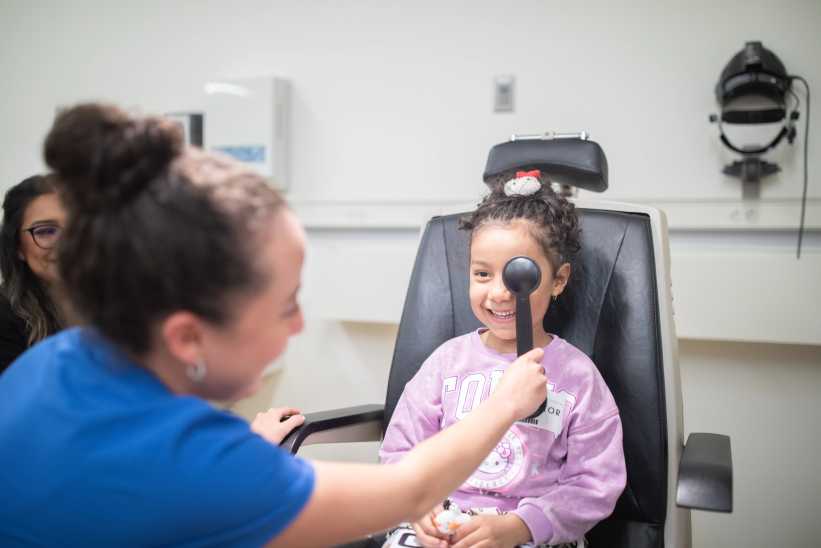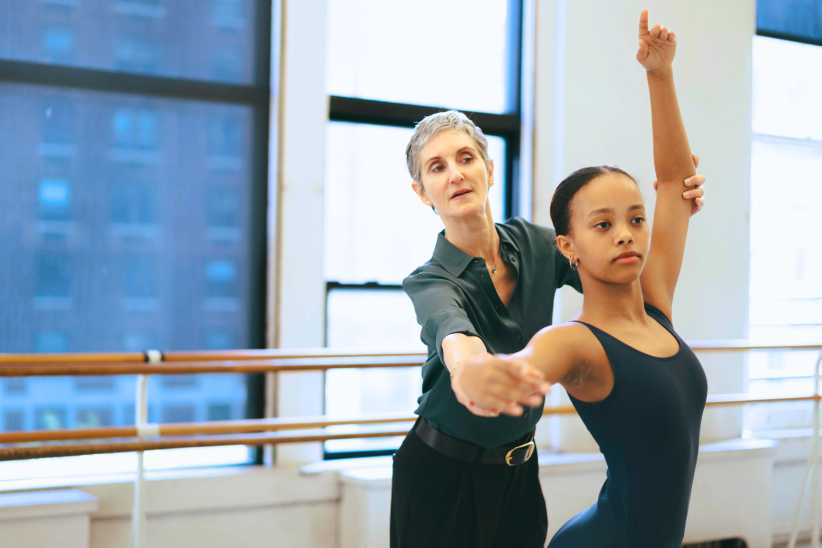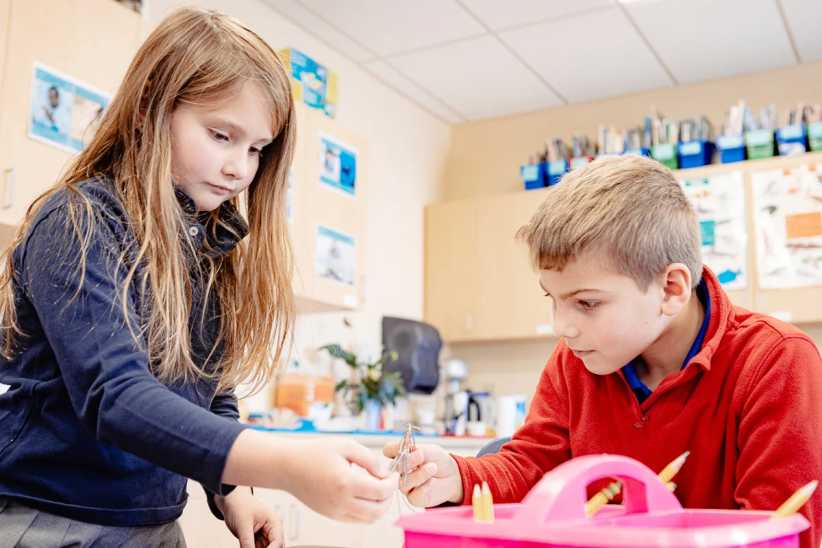
In theory, getting pregnant shouldn’t be that complicated, right? Not so for many women and couples. Sometimes when you feel like you’re ready to have a baby, your body may not be on the same page. You might feel stuck and discouraged. Infertility isn’t something many people want to openly talk about due to the negative connotation it carries, however Andrea Syrtash, an author and dating and relationship expert, has created a website called pregnantish to put an end to the surrounding taboo around infertility. Pregnantish is the first online magazine the offers a lifestyle approach to couples, individuals, and the LGBTQ community facing the challenges of trying to become parents. We caught up with Syrtash about her personal experience with infertility, and the significance of pregnantish, and more.
How did you come up with the concept for pregnantish, and what inspired the name?
Originally, I came up with the idea for pregnantish in 2013 and told my literary agent at the time that that was the next book I wanted us to try to sell. Shortly after I shared the book proposal with her, I miscarried and couldn’t write it. Years (and many fertility treatments) later, I’ve seen that there’s a big gap in the marketplace for the millions of people who are trying to start their families with help.”
Pregnantish captures the reality that so many people navigating infertility and fertility treatments have experienced of feeling a little bit pregnant. When you undergo IVF, for instance, the doctor transfers an embryo(s) into your body and you’re literally in the first phase of pregnancy since the sperm has fertilized the egg. You’re told by the doctor to take it easy: Not to drink or exercise too much, and you’re very hormonal. I’ve felt pregnant-ish for years as I’ve gone through a number of treatments. It’s a misconception that you can’t be a little bit pregnant!
Can you give a brief explanation of what your job entails?
I’m the Founder and Editor-in-Chief of pregnantish.com. We’re a startup, so my job entails a lot right now! I’ve curated all of the content, which includes written pieces and a video series. We have social media channels and live events, which I’m also overseeing. I have a few great team members assisting me; but essentially this is my “baby” now.
[gravityform id=”15″ title=”false” description=”false” ajax=”true”]
What motivated you to launch this online magazine?
I’ve been navigating a fertility journey for over five years, in which I’ve tried to get and stay pregnant, and have felt very isolated, confused and unsupported in the process. As much as the doctors want to take care of you, the reality is that the clinics are often very busy and it’s tough for the staff to cater to specific issues. I was motivated to create a place for real talk about the multitude of issues and questions we face when we’re navigating trying to get or stay pregnant. I’ve wanted this smart resource for years, and decided that instead of waiting for it, I’d create it.
What makes pregnantish stand out from other family-oriented websites that cover similar topics?
I appreciate that a number of family-oriented and parenting sites offer information on infertility; however, there hasn’t been a lifestyle magazine exclusively dedicated to this topic. People in the thick of infertility don’t always want to look through pictures of happy families and pregnant people to get to their section. It was time to have our own destination. We’re exploring things that I haven’t found covered very much like: Should you tell your boss you’re late for work because you’re undergoing IVF? How do you pick a sperm or an egg donor if you’re a gay couple starting a family? Should you tell your date you’re freezing your eggs?
Why do you feel like opening the conversation about fertility in the media is so important, and why do you feel like that gap in conversation exists?
I think that any time something has to do with women and their reproductive lives and bodies, some people get uncomfortable talking about it. For some reason, there’s still a bit of a taboo and people don’t necessarily know how to talk about their infertility—or if they should talk about it. The media can help break the taboo. We need to elevate the conversation about how many modern families are created today.
Your website caters to the LGBTQ community and single individuals, as well as to couples. Why was that important for you?
My goal with pregnantish is to help support people who are creating their families with a little help. This includes single parents and LGBTQ. Singles are freezing their eggs in record numbers today and having a child(ren) on their own. LGBTQ are marrying and starting families more than ever.
What is one thing you want visitors on your site to know about you?
Just because I’m out there trying to raise awareness, elevate the conversation and offer support, it doesn’t mean that I’m on the other side of infertility. I’m as much the user as I am the editor. I’ve had my own personal set-backs during the creation of pregnantish, and it hasn’t always been easy to churn out content. But, I also want to thank our readers for helping me take the focus off of my own struggle. We’re in it together.
To learn more, visit pregnantish.com and check out the video below!























